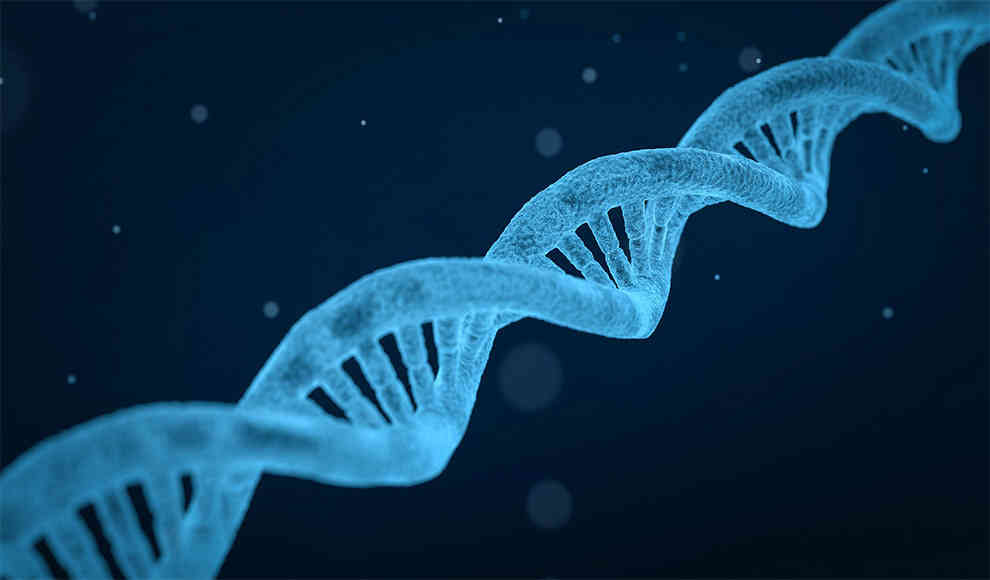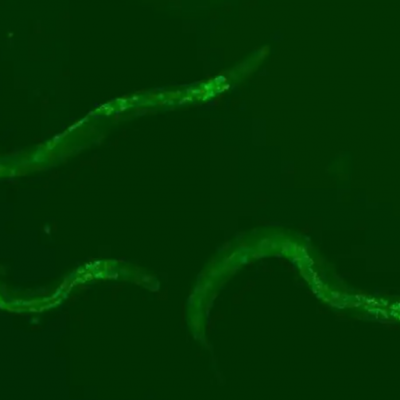Scientists have discovered a type of yeast that challenges the general rule of DNA uniqueness. This yeast is the first known organism in which the genetic code’s uniqueness does not apply. Until now, it was believed that DNA was unique and universal. The genetic code is made up of different sequences of chemical bases: Adenine (A), Thymine (T), Cytosine (C), and Guanine (G). A sequence of three of these base letters is translated into a specific amino acid within a cell, which forms the building blocks of the body. Scientists were sure that a specific sequence of base letters would always be translated into the same amino acid. This should produce the same result in every living organism, whether it is a human, animal, or plant. However, Stefanie Mühlhausen and her colleagues from the University of Bath report in the journal Current Biology that they have discovered an organism in which the DNA uniqueness rule does not apply.
The researchers examined a group of different yeast organisms and found that they translate certain base letter sequences differently than usual. While CTG is usually translated into the amino acid leucine, some of the yeast organisms make it into serine, while others make it into alanine. This observation proves that the genetic code is apparently not unique and universal. In addition, the scientists discovered a very special type of yeast during their work. While some of the other species translated the base letter sequence differently than all other living organisms, they still remained true to their translation pattern. The yeast Ascoidea asiatica, on the other hand, surprised the scientists because it always translates CTG differently and apparently randomly.
Ascoidea asiatica is the first known life form in which the DNA uniqueness rule does not apply. The scientists are still puzzled as to why nature has done this with this particular yeast, as exchanging serine for leucine could cause significant problems in a protein, as both amino acids have very different properties.










